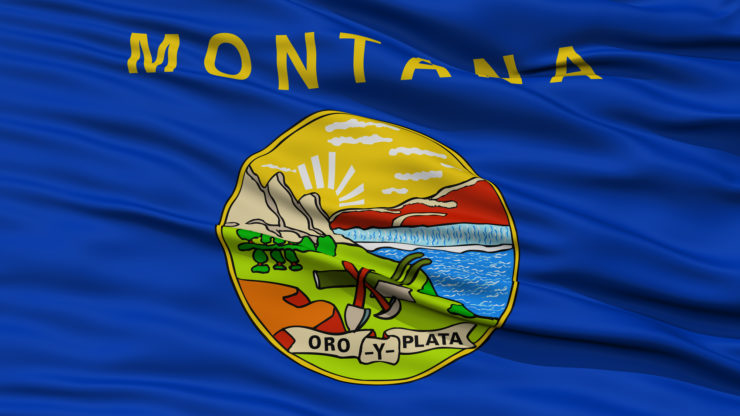
15 Dec Hemp-CBD Across State Lines: Montana

The Agriculture Improvement Act of 2018 (“2018 Farm Bill”) legalized hemp by removing the crop and its derivatives from the definition of marijuana under the Controlled Substances Act (“CSA”) and by providing a detailed framework for the cultivation of hemp. The 2018 Farm Bill gives the US Department of Agriculture (“USDA”) regulatory authority over hemp cultivation at the federal level. In turn, states have the option to maintain primary regulatory authority over the crop cultivated within their borders by submitting a plan to the USDA.
This federal and state interplay has resulted in many legislative and regulatory changes at the state level. Indeed, most states have introduced (and adopted) bills that would authorize the commercial production of hemp within their borders. A smaller but growing number of states also regulate the sale of products derived from hemp.
In light of these legislative changes, we are presenting a 50-state series analyzing how each jurisdiction treats hemp-derived cannabidiol (“Hemp CBD”). Each Sunday, we summarize a new state in alphabetical order. Today we turn to Montana.
When it comes to Hemp CBD, there’s not a ton of guidance in Montana. Like many other states, Montana has not adopted a regulatory framework for the sale of Hemp CBD . What we do know is that the Montana Department of Public Health and Human Services (“DPHHS“) has adopted the federal Food and Drug Administration’s position on the unlawful sale of CBD-infused food and dietary supplements. The DPHHS policy is also a bit vague when it comes to manufacturing hemp products in Montana, referring companies to the FDA. This does not offer much guidance for Montana Hemp CBD companies who wish to make non-ingestible products, such as Hemp CBD topicals.
That said, the DPHHS policy really only tracks the FDA’s policy and even notes that “CBD products marketed not as food and do not make any health or health-related claims, should not be considered a workload obligation for the local health authority for possible enforcement action”. In other words, the policy recommends that only items marketed as foods and/or that make health claims should be the subject of local scrutiny. It does not take off the table the possibility that other products (like cosmetics) could be barred, but it certainly makes clear that it’s not a priority.
The cultivation of hemp is lawful and regulated in Montana. Cultivation and processing are overseen by the Montana Department of Agriculture (“MDA”). Draft sampling and testing regulations were published in August 2019 and the MDA indicated that hemp sampling is now underway in Montana.
Interestingly, MDA publishes guidance for hemp processors, which says: ” The processor license allows licensees to produce derivatives that may be included in products for food, fiber, oils, supplements or drugs (excluding THC) for the wholesale or ingredient market.” It may seem like MDA didn’t get DPHHS’ memo, but MDA goes on to note: “Hemp processors must comply with city, county, and tribal ordinances and laws. The approval of manufactured hemp derived products at the retail level continue to be subject to the laws and regulations of the United States Food and Drug Association (FDA) and the Montana Department of Public Health and Human Services (DPHHS).”
At the end of the day, this means that hemp processors will still need to follow DPHHS’ (and by extension, the FDA’s) policies when processing hemp. But this isn’t terribly clear from the hemp processor application itself, which notes that hemp can be used to make foods. This may be a reference to hemp seed oils, which are allowed in Montana and under FDA policies, but that may not be known to many people who are applying to process hemp in Montana.
For previous coverage in this series, check out the links below:


Sorry, the comment form is closed at this time.